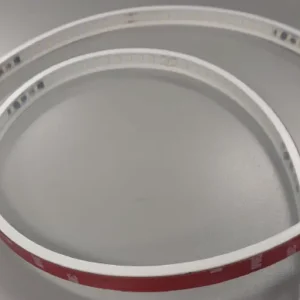Production of the new model is due to begin in 2013, and as a consequence the manufacturer said: “The Luton plant will continue to play an important role in the Opel/Vauxhall manufacturing network.”
The decision to retain production of the second generation Vivaro in Luton has safeguarded about 1,500 jobs at the factory.
However, the Renault Trafic, which currently shares a platform in Luton with the Vivaro and a small number of Nissan Primastars, will from 2013 be produced at Renault’s plant in Sandouville, France. This facility will also produce the next generation of the H2, the high roof version of the Vivaro, which accounts for 2 – 3% of UK sales, according to Vauxhall. Production at Sandouville is expected to reach 100,000 units a year once all derivatives have been launched.
A spokeswoman for Vauxhall said the Luton plant produced just over 72,500 vans last year badged as Opel and Vauxhall Vivaros, Renault Trafics and Nissan Primastars.
This number was reached with the plant operating on two shifts – which gives a capacity of 67,000 units – plus overtime.
Luton moved from three to two shifts in 2009 when the recession caused a slump in the commercial vehicle market.
Opel/Vauxhall and Renault began co-operating in the commercial vehicle sector in 1996 on the brands’ large vans, the Movano and Master, respectively.
The first generation Vivaro and Trafic models were launched in 2001.






